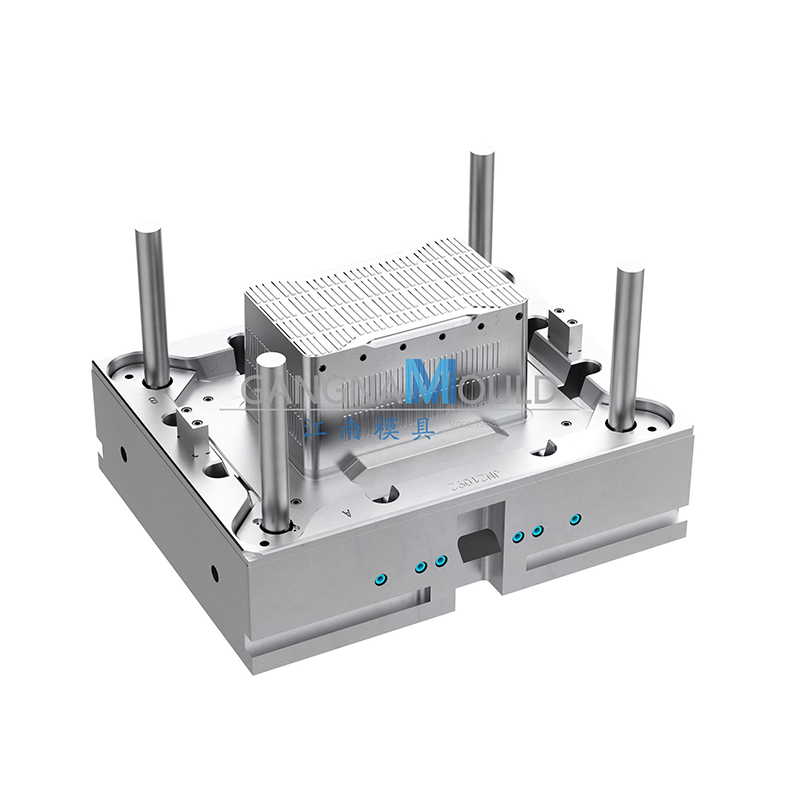Chair Mould: Innovations, Technology, and Manufacturing Excellence
Introduction
Chair Mould serves as a cornerstone in the furniture manufacturing industry, enabling the production of high-quality, durable, and aesthetically refined chairs. Its role extends across residential, commercial, and industrial sectors, providing manufacturers with the tools necessary to create consistent and precision-engineered seating solutions. Understanding the latest innovations and technical aspects of Chair Mould allows businesses to enhance production efficiency and meet evolving design demands.
Chair Mould Applications
Chair Mould finds applications in diverse manufacturing processes. In furniture factories, it ensures accurate shaping of chair components, including seats, backs, and armrests, while maintaining uniformity across large production volumes. The mould accommodates various materials, such as plastics, metals, and composite substances, offering versatility in both traditional and contemporary chair designs. Additionally, Chair Mould is instrumental in experimental and custom furniture production, enabling rapid prototyping and efficient adaptation of design iterations. The precise and repeatable nature of moulding improves material utilization and reduces production errors, benefiting manufacturers focused on scalability and quality control.
Technological Advancements in Chair Mould
Modern Chair Moulds incorporate advanced technology that enhances both performance and durability. High-precision CNC machining allows for intricate mould designs, supporting ergonomic and aesthetically complex chair shapes. Materials selection, including high-strength alloys and corrosion-resistant surfaces, extends mould lifespan and reduces maintenance demands. Modular design features enable easier assembly, disassembly, and cleaning, which streamlines production lines and reduces downtime.
Innovations in cooling and heating systems embedded within Chair Moulds ensure optimal temperature control during moulding, preventing defects and improving surface finish. Automation integration, such as robotic handling and sensor monitoring, provides consistent pressure application, dimensional accuracy, and early detection of wear or misalignment. These improvements reflect a growing emphasis on efficiency, precision, and operational reliability in modern mould technology.

Maintenance and Operational Considerations
Proper maintenance of Chair Mould is critical for sustaining high-quality output. Regular inspection of mould surfaces, joints, and alignment points prevents defects and prolongs operational life. Lubrication of moving components, cleaning of cavities, and monitoring for wear ensure uninterrupted performance. Training operators in handling procedures, such as correct insertion and removal of materials, contributes to both safety and consistent moulding quality.
Operational considerations also include optimal pressure and temperature settings, which vary according to material type and product design. Accurate calibration reduces waste and enhances the consistency of finished chairs. Advanced monitoring systems now provide real-time feedback on critical parameters, allowing operators to make timely adjustments without halting production.
Future Developments and Industry Impact
The future of Chair Mould technology emphasizes smart manufacturing, sustainability, and adaptability. Additive manufacturing and 3D printing techniques are being explored for rapid prototyping and small-batch production, complementing traditional moulding methods. Eco-friendly materials and coatings reduce environmental impact and align with green manufacturing initiatives. Additionally, modular and flexible mould systems support customization, enabling manufacturers to respond quickly to changing consumer preferences and market trends.
Conclusion
In conclusion, Chair Mould represents a vital intersection of technology, design, and manufacturing expertise. Understanding its applications, technical advancements, and operational requirements allows businesses to maintain high standards of production and stay competitive in an evolving market. Chair Mould continues to drive efficiency and quality in furniture manufacturing, supporting both mass production and custom design initiatives.



 English
English русский
русский Español
Español Français
Français عربى
عربى 简体中文
简体中文




